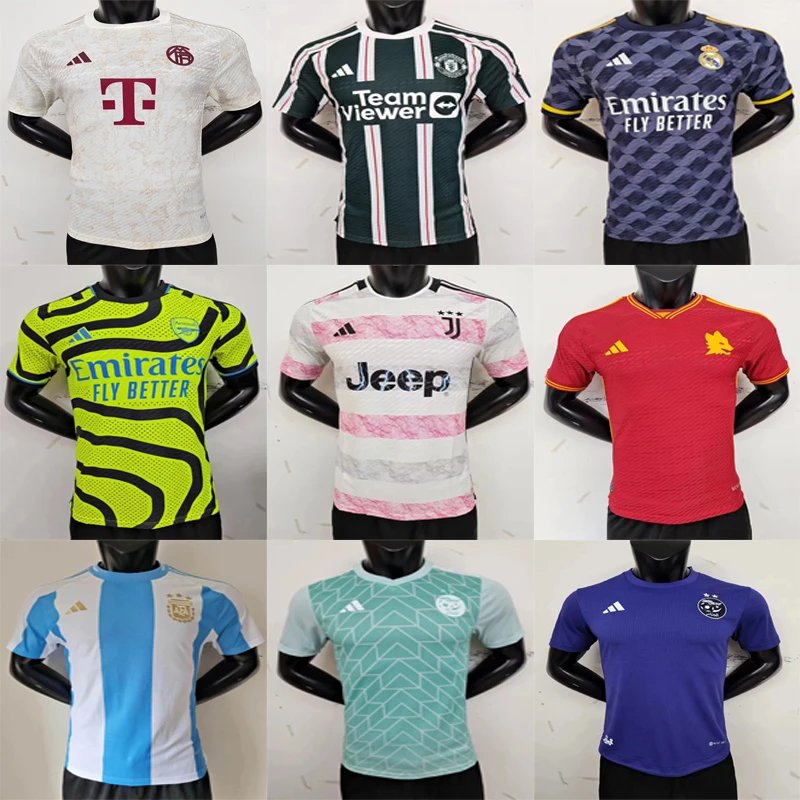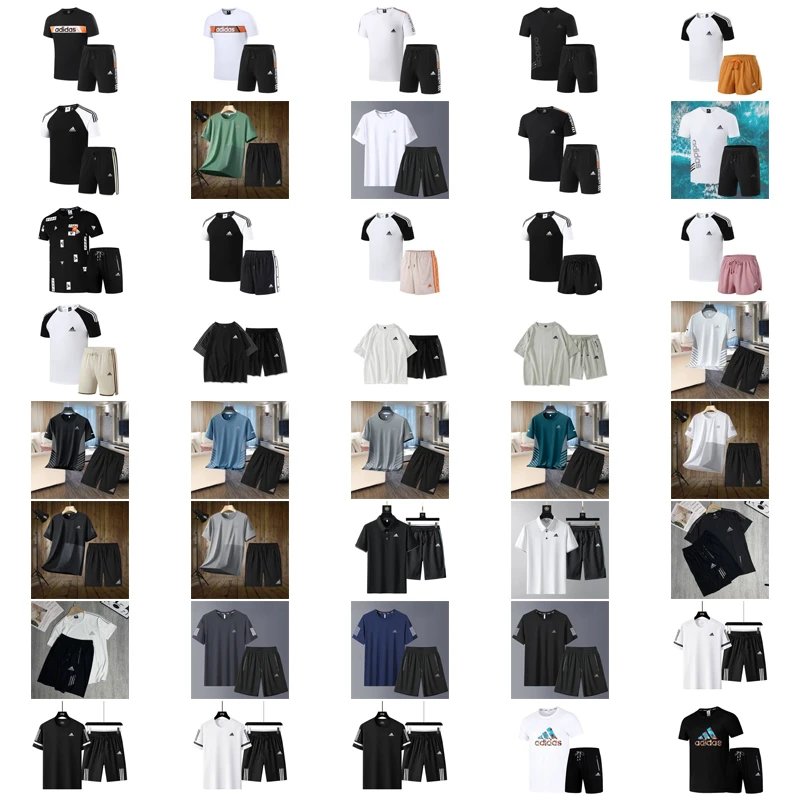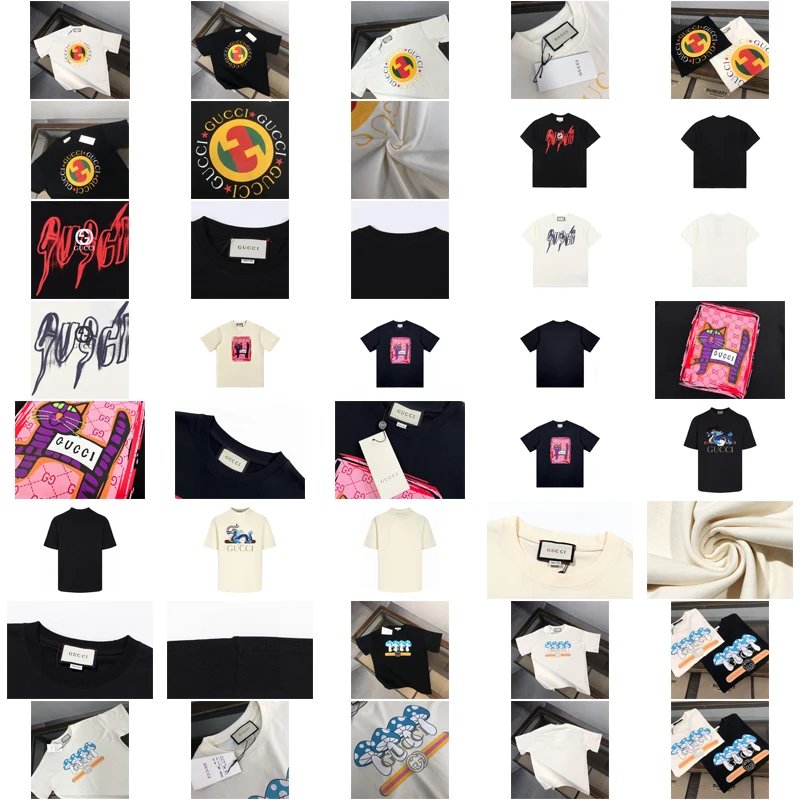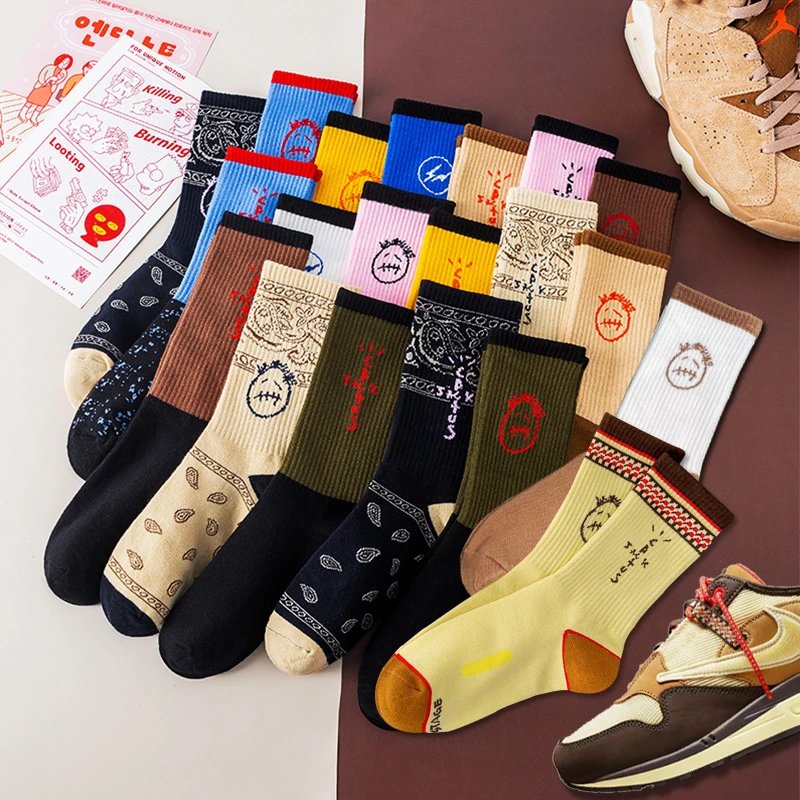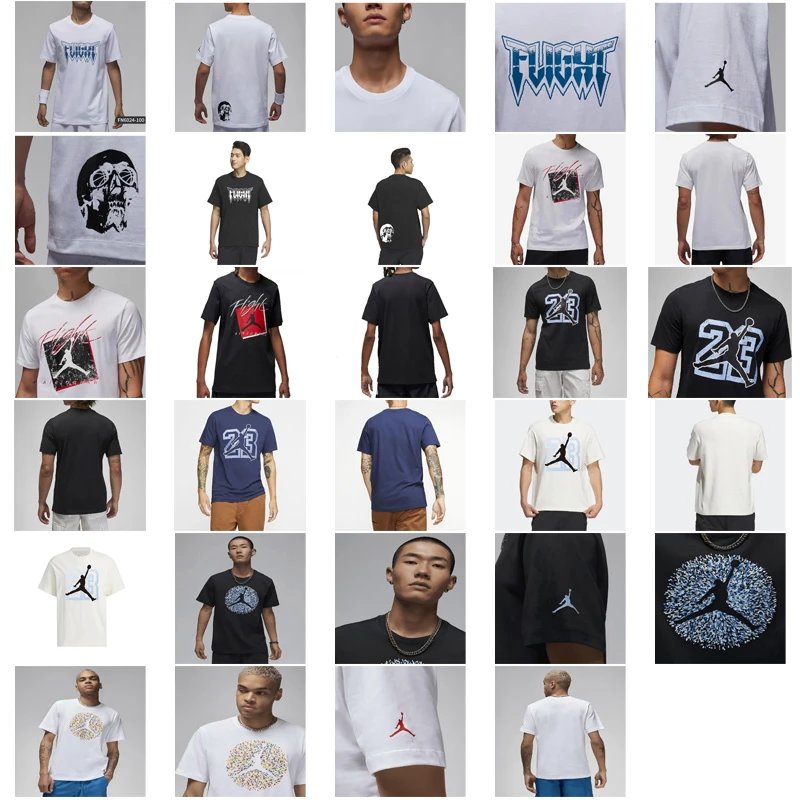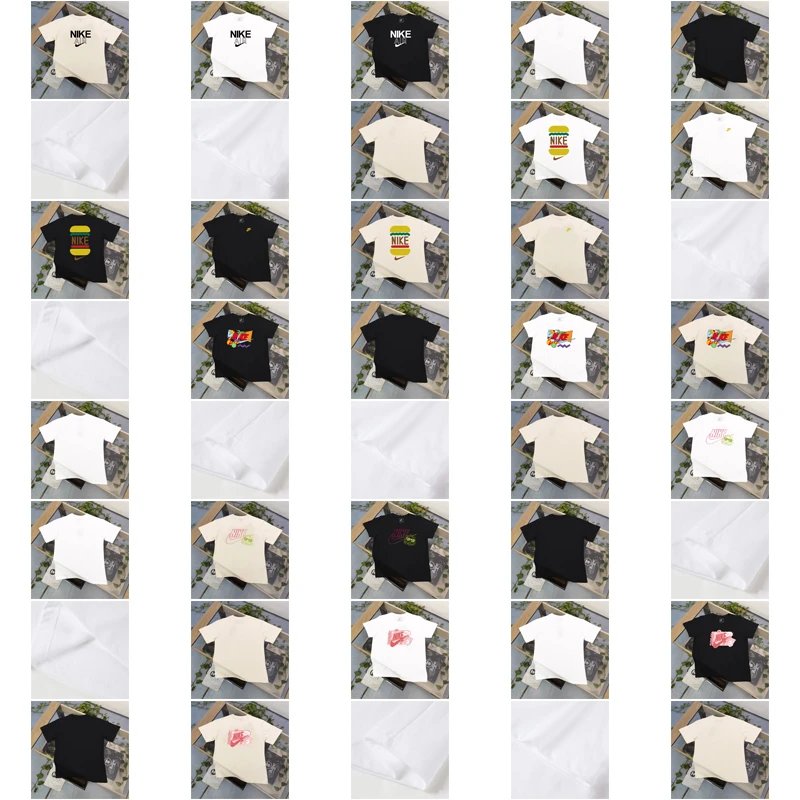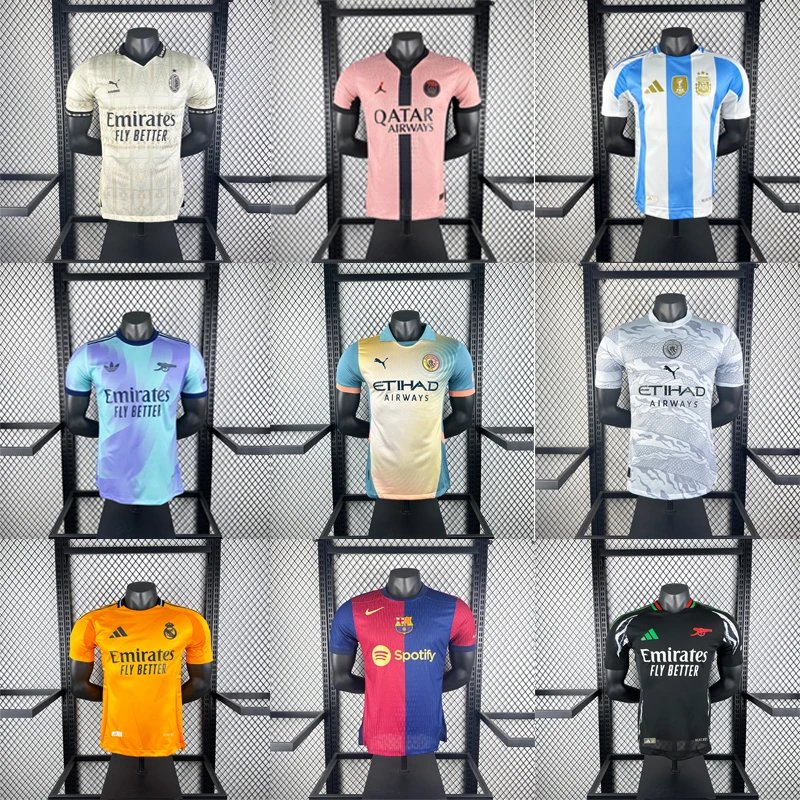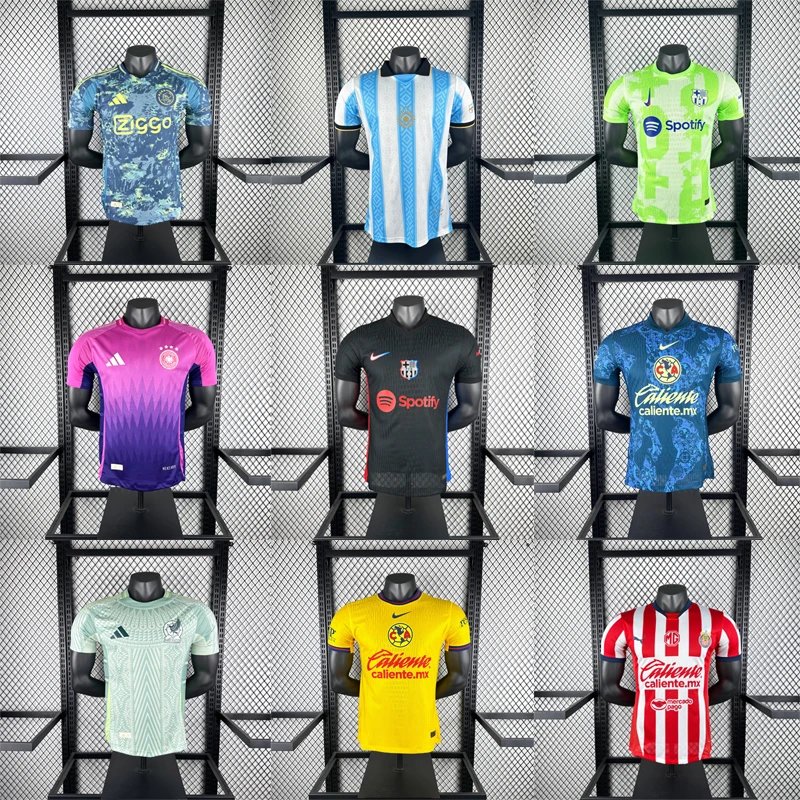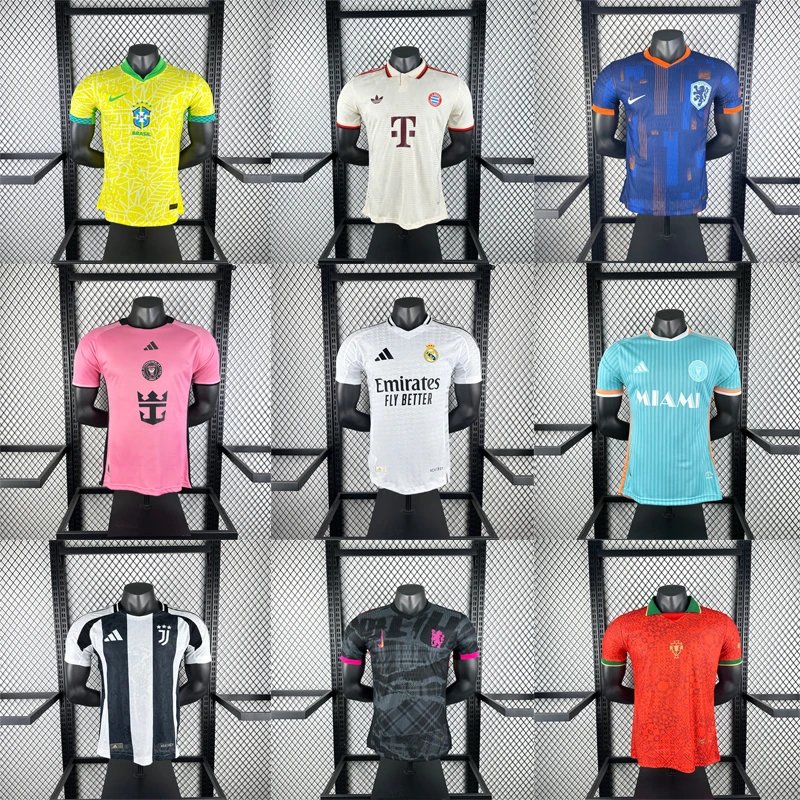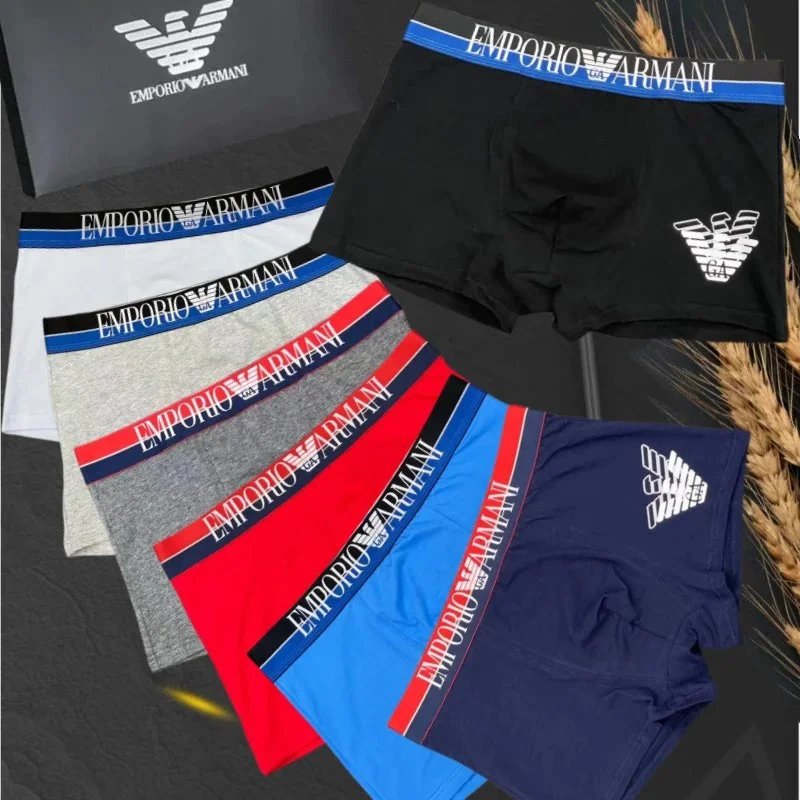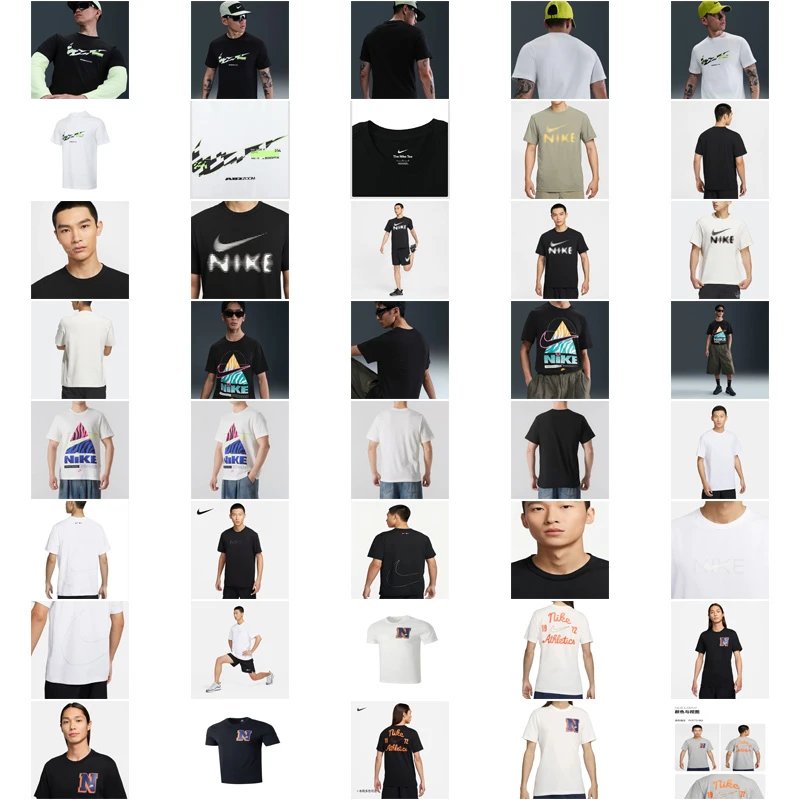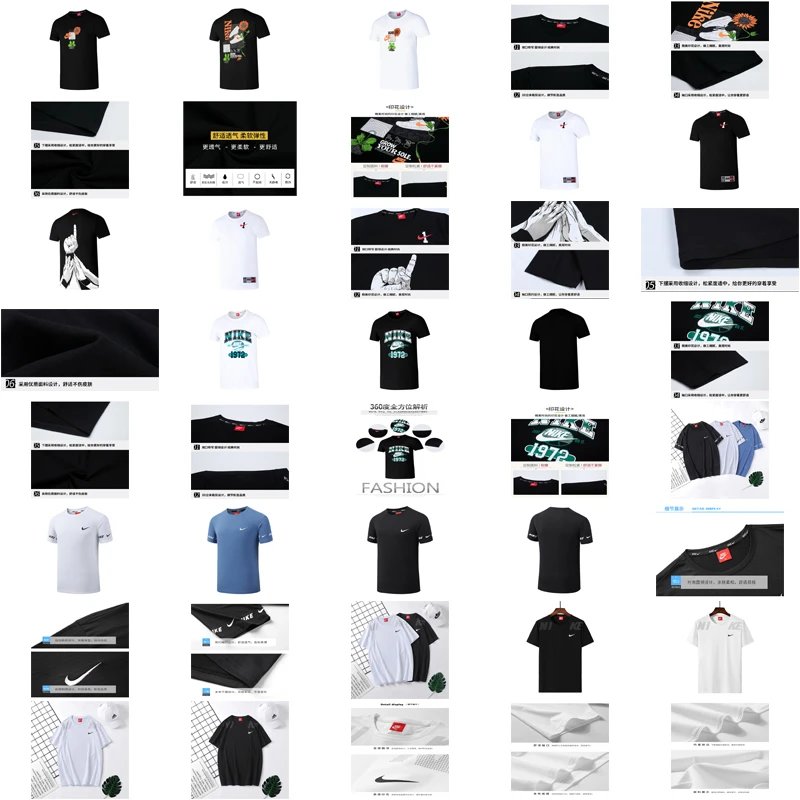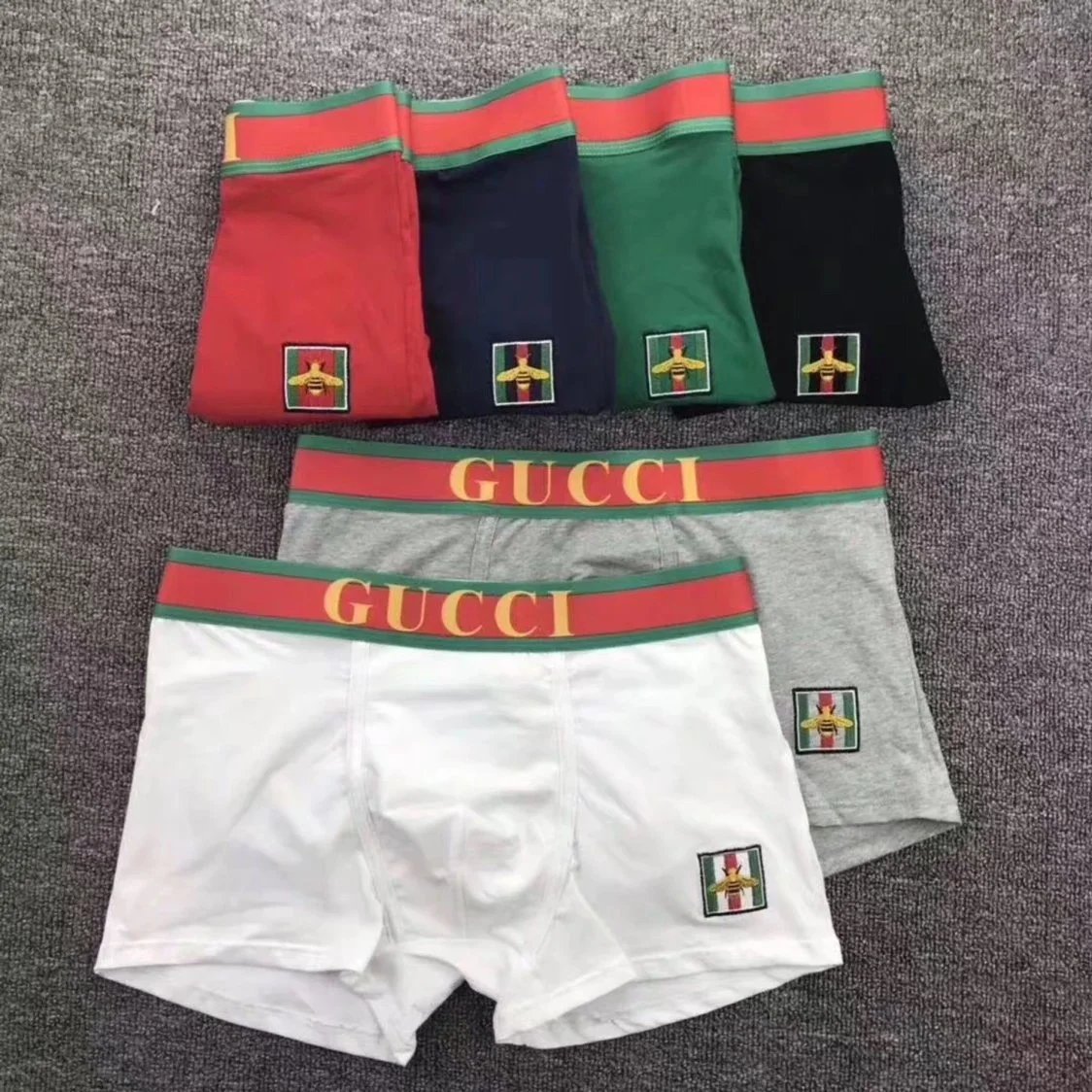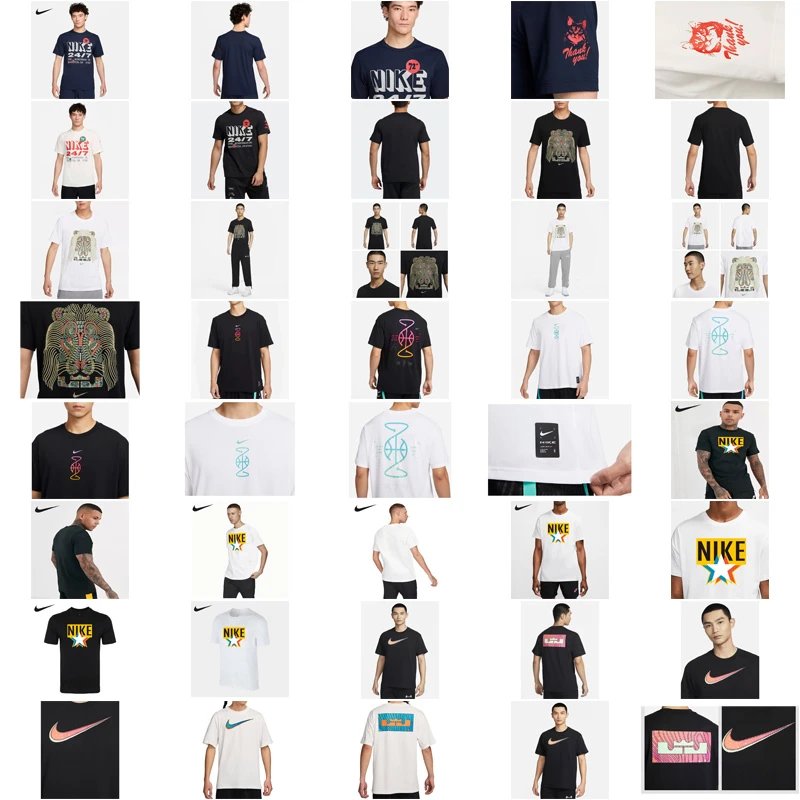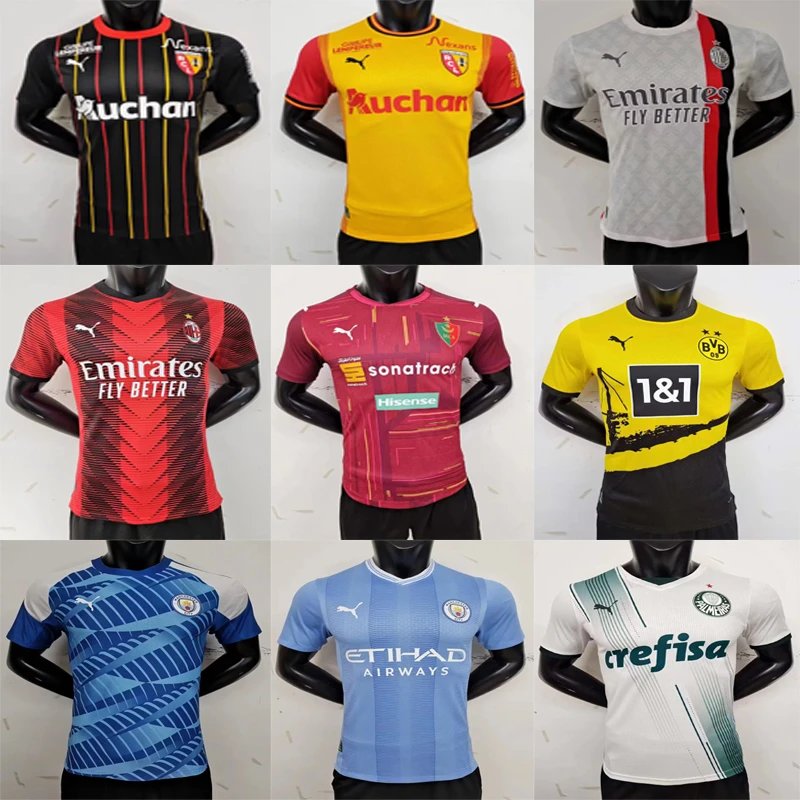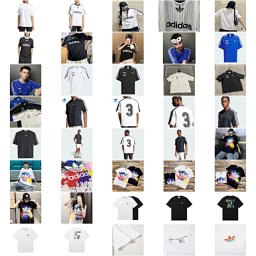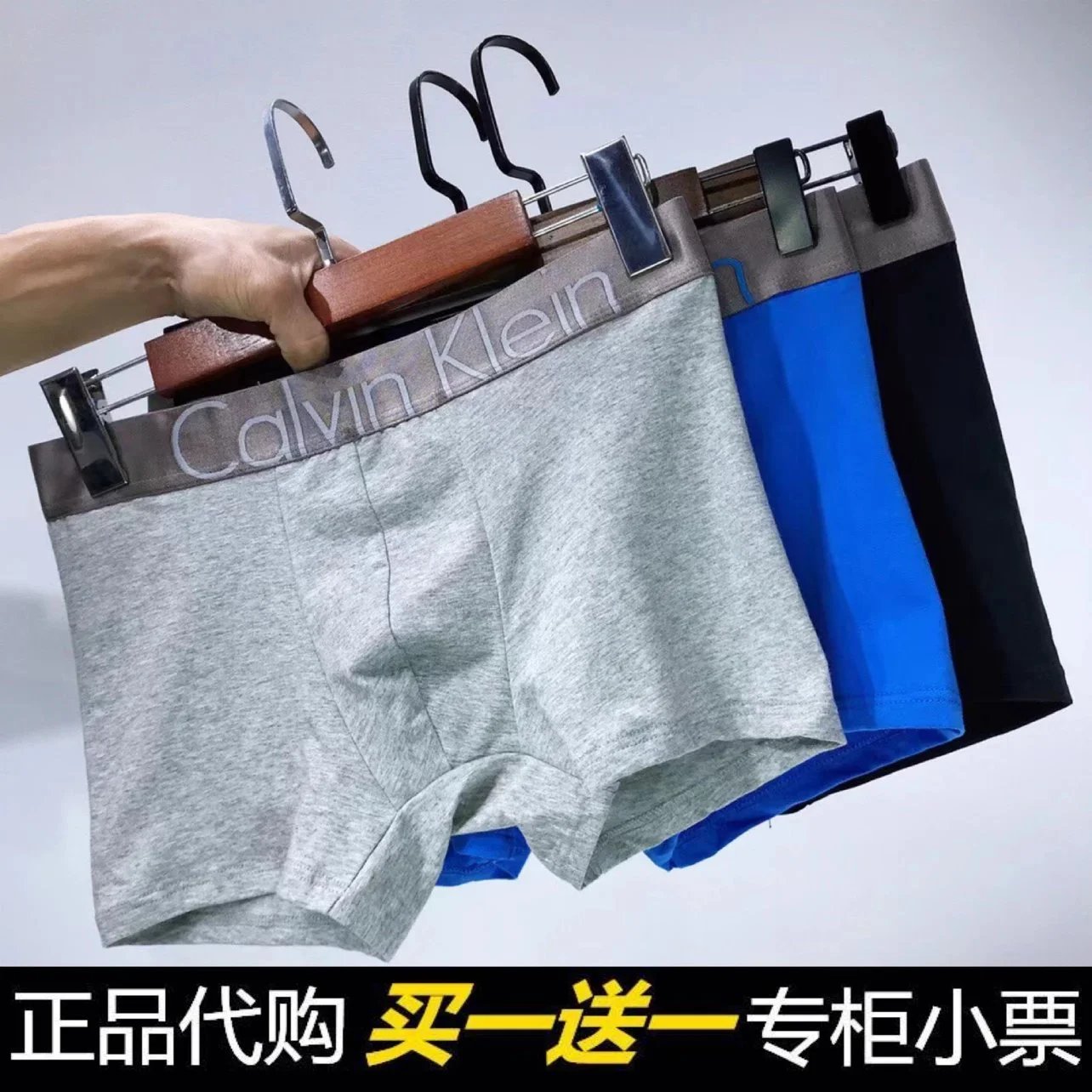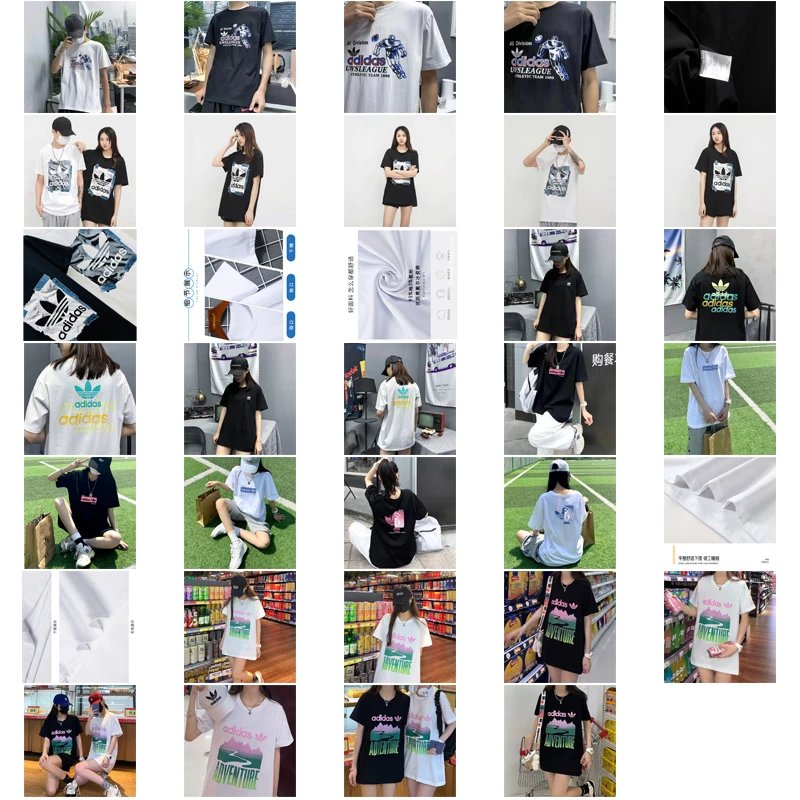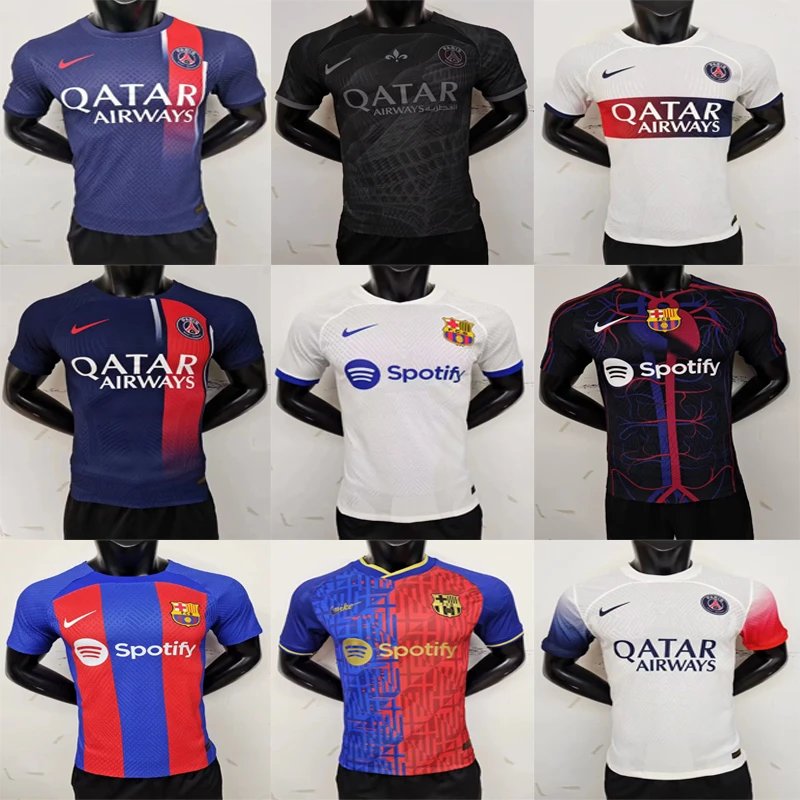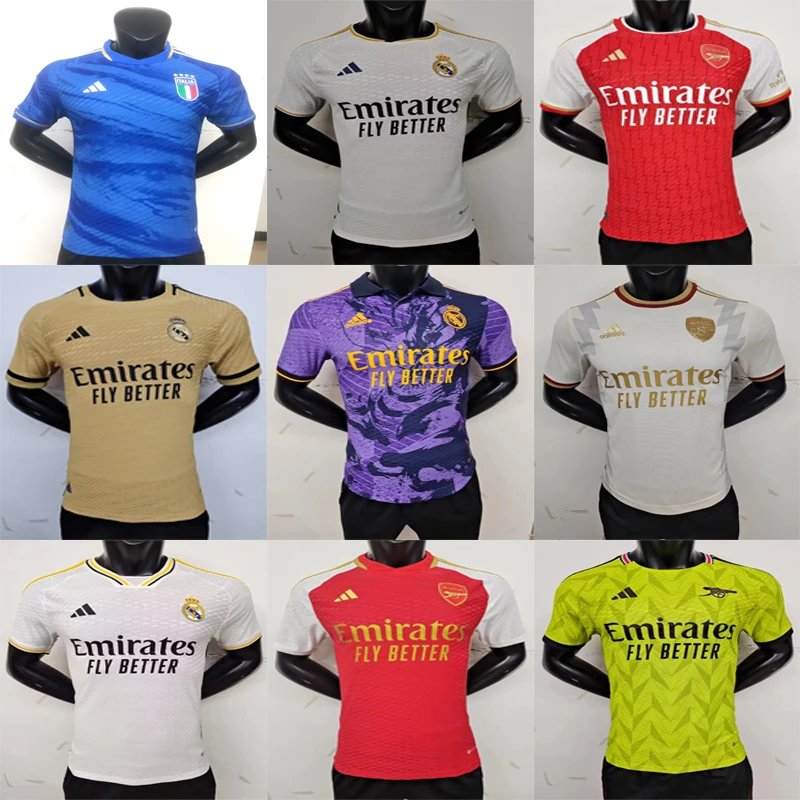When importing goods from China to Europe or North America, navigating customs clearance efficiently is crucial. Two popular shipping agents, Pandabuy and CNFANS, offer distinct approaches to logistics and compliance with 2025's updated policies. Here’s a detailed comparison.
1. 2025 Customs Policy Changes: Europe & North America
European Union (2025 Updates):
- Lower de minimis value threshold: €120 (reduced from €150)
- Stricter enforcement of IOSS (Import One-Stop Shop) for VAT collection
- Mandatory HS-code sub-classification for parcels over 20kg
United States/Canada (2025 Updates):
- U.S. Section 321 exemption raised to $1,200 (from $800)
- Canada imposes new CBSA security declaration for all air cargo
- Both countries require advance digital manifests 4 hours before arrival
2. Pandabuy's Customs Clearance Approach
Strengths:
- Automated taxes/duties calculator with real-time policy updates
- Pre-paid VAT option through IOSS integration
- Dedicated EU/US warehouses for fast-track clearance (reduces hold time by 30-45%)
Weaknesses:
- Limited bulk shipment solutions (single parcels optimized)
- No bonded warehouse options for high-value goods
3. CNFANS' Customs Strategy
Advantages:
- Specialized bulk clearance (40+ pallets simultaneously)
- NAFTA/CUSMA optimization for North America-bound goods
- Customs brokerage partnership network in major ports
Drawbacks:
- Manual document review for unusual shipments (adds 24-48h)
- Higher minimal order requirements for customs assistance
4. Side-by-Side Comparison Table
| Feature | Pandabuy | CNFANS |
|---|---|---|
| 2025 EU Compliance | ★★★★★ (Auto-IOSS) | ★★★☆☆ (Manual IOSS) |
| 2025 US/CA Efficiency | ★★★★☆ | ★★★★★ (Bonded Transit) |
| Controlled Goods Support | Medical/Food Only | CE/FDA Pre-Certified |
Recommendations
For eCommerce sellersB2B importers
Always verify if your product category faces new restrictions under 2025 policies - especially batteries, textiles, and wireless devices requiring updated declarations. Both providers offer compliance consultations for a fee.
